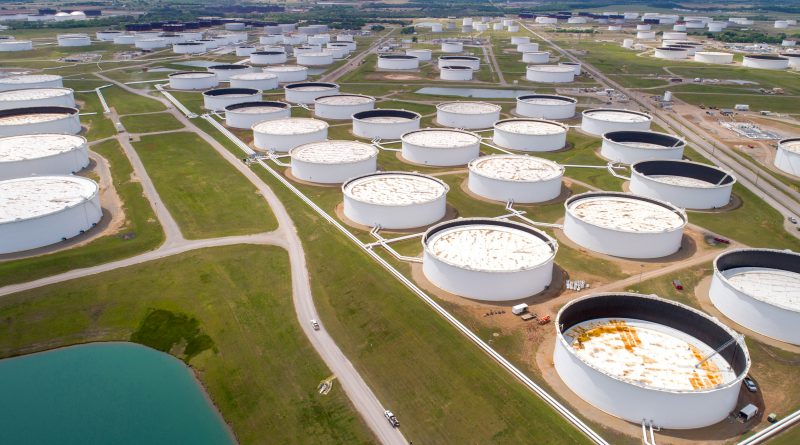Oil holds steady near four-month high on OPEC+ cuts
Singapore (Reuters) – Oil prices edged down on Monday, but were still near their highest levels since mid-April after top producers Saudi Arabia and Russia pledged to keep supplies down for another month to tighten global markets further and support prices.
Brent crude futures slipped 15 cents, or 0.2%, to $86.09 a barrel by 0640 GMT, while U.S. West Texas Intermediate crude was at $82.67 a barrel, down 15 cents, or 0.2%.
Both contracts notched their sixth consecutive weekly gains last week, the longest winning streak since December 2021 to January 2022.
“The bullishness is in line with our expectations of a stronger second half for oil compared to the first half,” said Suvro Sarkar, lead energy analyst at DBS Bank.
“But we think further upside may be limited and oil prices could consolidate around the $85 a barrel level (Brent) for a while, capped by ongoing concerns about the pace of China’s recovery and doubts about how long Saudi and Russia will continue to curb production and exports, respectively, given the spare capacity on hand.”
Oil prices have in recent weeks been underpinned by expectations of U.S. interest rate hikes tapering off, a reduction in OPEC+ supplies and hopes of stimulus boosting oil demand recovery in the world’s top crude importer China after a dismal second quarter.
The world’s top exporter Saudi Arabia on Thursday extended its voluntary production cut of 1 million barrels per day (bpd) to the end of September, adding that it could be extended beyond then or deepened. The kingdom’s production for September will be around 9 million bpd.
Russia said on Thursday would cut oil exports by 300,000 bpd in September. In addition, a Russian warship was last week seriously damaged in a Ukrainian naval drone attack on Russia’s Black Sea navy base at Novorossiysk. The port that handles 2% of the world’s oil supply has resumed operations.
In line with production cuts, Saudi Aramco raised on Saturday the official selling prices for most grades it sells to Asia for a third month in September.
OPEC+’s output cuts, China’s stimulus measures, and an improved U.S. economic outlook are supporting crude prices, CMC Markets analyst Tina Teng said in a note, although she said prices were approaching near-term resistance of their April highs.
IG market analyst Tony Sycamore said a sustained break for WTI above $84.00 a barrel would open a move towards $93.50.
Investors will watch for Chinese economic data this week to gauge Beijing’s appetite for more stimulus measures to support the world’s second-largest economy.
In the U.S., the number of operating oil rigs fell by four to 525 last week, dropping for an eighth week in a row to their lowest since March 2022, Baker Hughes said in its weekly report on Friday.



